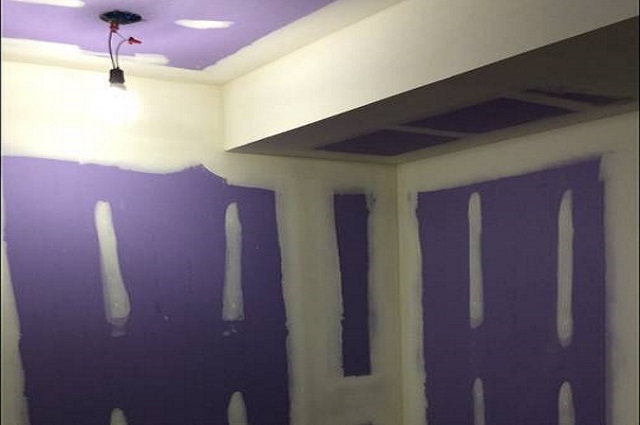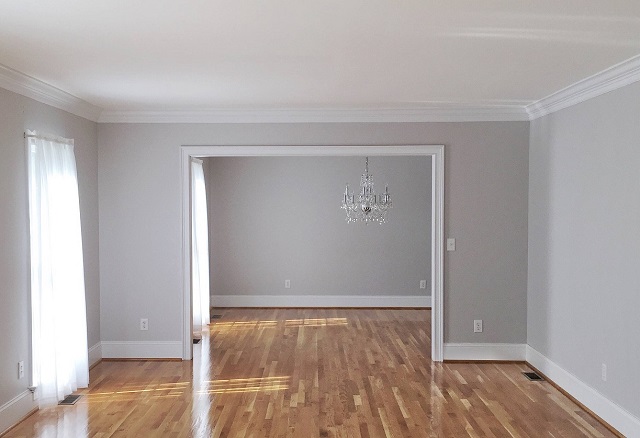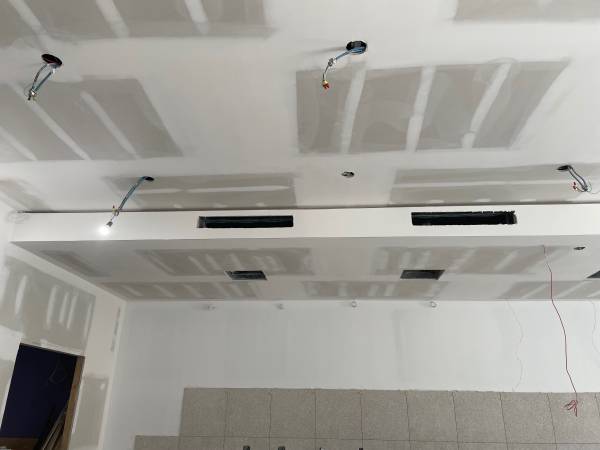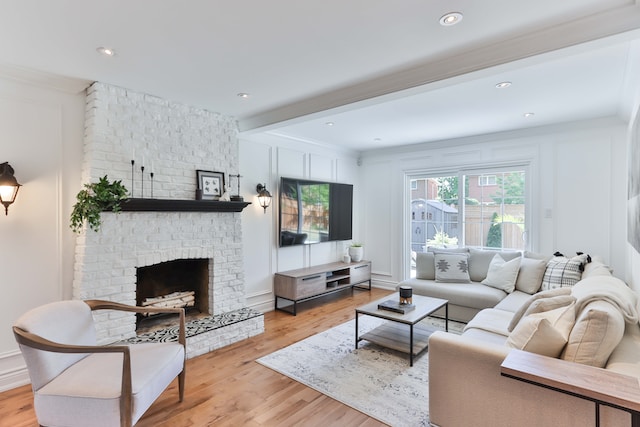Renovating Your Home
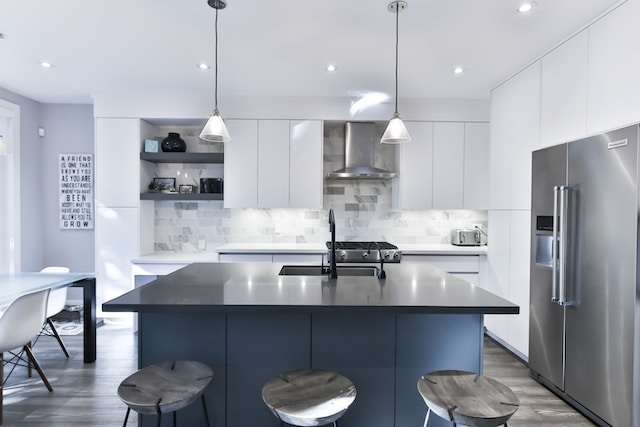
Key Considerations Before Renovating Your Home
Assessing the current condition of your property is the initial step in Renovating Your Home. Conduct a thorough inspection of your home to identify areas that require attention and prioritize the renovations based on urgency and importance. Understanding the existing state of your property will help you plan and allocate resources effectively, ensuring a smooth renovation process without unexpected surprises.
Setting a realistic budget for your renovation project is crucial to avoid overspending and financial strain. Take the time to carefully assess your finances and outline a detailed budget that covers all aspects of the renovation, including labor costs, materials, permits, and contingency funds for unforeseen expenses. By establishing a clear budget from the outset, you can make informed decisions, mitigate financial risks, and achieve your renovation goals within your financial means.
Assess the Current Condition of Your Property
Assessing the current condition of your property is a crucial step before embarking on any renovation project. Start by thoroughly inspecting the interior and exterior of your home to identify areas that require attention. This assessment should include checking for signs of water damage, structural issues, and wear and tear that may need to be addressed.
Additionally, evaluate the functionality and layout of your space to determine if any modifications are necessary to better suit your lifestyle. Consider factors such as natural light, airflow, and overall usability when assessing the current condition of your property. Taking the time to thoroughly evaluate the state of your home will help you prioritize renovation projects that will not only improve the aesthetics but also enhance the functionality and value of your property.
Set a Realistic Budget for Your Renovation Project
When setting a budget for your renovation project, it is essential to conduct thorough research to understand the costs involved. Begin by obtaining quotes from contractors and suppliers to get a clear idea of the expenses you may encounter. Consider adding a buffer of around 10-20% to your budget to account for any unforeseen circumstances or changes during the renovation process.
Moreover, prioritize your renovation needs and distinguish them from your wants. This will help you allocate your budget efficiently, focusing on essential aspects of the renovation first. Make sure to factor in not only the cost of materials and labor but also any additional expenses like permits, design fees, and contingency funds. By carefully planning and setting a realistic budget, you can ensure a smoother renovation process with fewer financial surprises along the way.
Choose the Right Renovation Projects to Maximize Value
When deciding on renovation projects for your home, it is crucial to prioritize those that will add the most value. Focus on upgrades that are in high demand and that will appeal to a broad range of potential buyers in case you decide to sell in the future. Consider popular features such as updated kitchens and bathrooms, improved energy efficiency, and additional living space. These types of renovations typically provide a good return on investment and can significantly increase the value of your home.
Another important factor to consider when choosing renovation projects is the overall condition of your property. Address any structural issues, such as roof repairs or foundation problems, before moving on to cosmetic upgrades. Investing in essential maintenance and repairs will not only maximize the value of your home but also ensure its long-term integrity and functionality. By carefully selecting renovation projects that offer both aesthetic appeal and structural soundness, you can create a home that is not only attractive but also a wise investment for the future.
Select High-Quality Materials and Finishes
When selecting materials and finishes for your home renovation project, it is crucial to prioritize quality over cost. Investing in high-quality materials will not only enhance the overall aesthetic appeal of your space but also ensure durability and longevity. Opting for cheaper alternatives may seem cost-effective initially, but they are more likely to require frequent replacements or repairs in the long run, ultimately leading to higher expenses.
It is advisable to conduct thorough research on different materials and finishes available in the market before making a decision. Consider factors such as durability, maintenance requirements, and how well they complement your design vision. Consulting with design professionals or material experts can provide valuable insights and guidance in choosing the most suitable options for your project. Remember, the materials and finishes you select will not only impact the visual appeal of your home but also contribute to its overall value and functionality.
Work with Experienced and Reliable Contractors
When it comes to renovating your home, the experience and reliability of the contractors you choose can make or break the success of your project. It is essential to thoroughly research potential contractors, checking their credentials, reviews, and past projects. Look for contractors who specialize in the type of renovation work you require, as their expertise can greatly impact the quality of the final result.
In addition to experience, reliability is key when working with contractors. Communication is crucial throughout the renovation process, so ensure that the contractors you hire are responsive and accountable. Clear timelines, detailed contracts, and open lines of communication can help prevent misunderstandings and delays, providing a smoother and more efficient renovation experience.
Permits and Approvals
Before starting any renovation project, it is crucial to obtain all the necessary permits and approvals from the relevant authorities. Failure to do so can lead to fines, delays, and the need to undo work that does not comply with regulations. Permit requirements vary depending on the scope of the project and the location, so it is essential to research and understand what is needed before moving forward.
Working closely with your contractor or a professional who is familiar with the local building codes can help streamline the permit application process and ensure that all necessary documentation is submitted correctly and on time. It is important to factor in the time it takes to obtain permits when planning your renovation timeline to avoid any unnecessary delays. By taking the time to secure the proper permits and approvals at the beginning of your project, you can proceed with confidence knowing that your renovation is in compliance with all regulations.
Planning and Project Management
Proper planning and project management are essential components of a successful home renovation project. Before starting any work, it is crucial to develop a detailed plan that outlines the scope of the project, timelines, budget, and goals. This plan should be communicated clearly to all parties involved, including contractors and suppliers, to ensure everyone is on the same page and working towards the same objectives. Additionally, having a strong project management system in place can help keep the renovation on track and address any issues or delays promptly.
Effective project management also involves regular communication and monitoring progress to ensure the renovation is proceeding according to plan. It is important to establish clear lines of communication with contractors and suppliers, providing them with the necessary guidance and support to complete their tasks efficiently. Regular site visits and inspections can help identify potential problems early on and make necessary adjustments to keep the project on schedule. By staying organized and proactive in managing the renovation project, homeowners can minimize disruptions and ensure a successful outcome.
Implement Sustainable and Energy-Efficient Features
Incorporating sustainable and energy-efficient features into your home renovation is not only beneficial for the environment but can also lead to long-term cost savings. When selecting materials and appliances, opt for items that are energy-efficient and have a low environmental impact. This can include choosing energy-efficient windows, investing in high-quality insulation, and selecting appliances with high energy star ratings.
Furthermore, consider incorporating renewable energy sources such as solar panels or geothermal heating systems to further reduce your home’s carbon footprint. These features may require a higher initial investment, but they can significantly lower your energy bills over time and increase the overall value of your property. Prioritizing sustainability in your renovation project is a smart decision that can benefit both the environment and your wallet in the long run.
Maintain Your Renovated Home for Long-Term Value
To preserve the long-term value of your renovated home, regular maintenance is crucial. Implementing a schedule for routine inspections and repairs can prevent minor issues from escalating into costly problems. Conducting seasonal checks on key systems such as HVAC, plumbing, and electrical can help identify any issues early on and ensure the smooth functioning of your home.
In addition to regular maintenance, investing in quality materials during the renovation process can also contribute to the longevity of your home. Opting for durable finishes and materials that are built to last can reduce the need for frequent replacements and repairs. By prioritizing quality over cost-saving measures, you can enhance the durability and resilience of your home for years to come.

